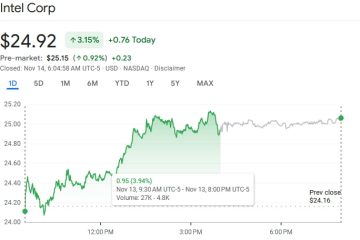All You Need to Know About Ozempic

Introduction: The Rising Popularity of Ozempic
Ozempic, a once-weekly injectable medication prescribed for type 2 diabetes, has gained significant attention in recent years. Its effectiveness in controlling blood sugar levels while promoting weight loss has made it a focal point in both medical and popular discussions. As obesity and diabetes rates continue to rise globally, the relevance of Ozempic in managing these conditions cannot be overstated.
What is Ozempic?
Ozempic (semaglutide) is developed by Novo Nordisk and belongs to a class of medications known as glucagon-like peptide-1 (GLP-1) receptor agonists. It works by mimicking the natural hormone GLP-1, which helps regulate blood sugar levels by stimulating insulin secretion when glucose levels are high. Additionally, it slows gastric emptying, which aids in reducing appetite.
Recent Developments and Findings
Recent studies show that Ozempic not only helps in managing diabetes but also promotes significant weight loss. In clinical trials, participants who used Ozempic experienced an average weight reduction of 12-14% over 68 weeks. This has led to increasing off-label use of the drug for weight management, even among individuals without diabetes.
Despite its benefits, health professionals urge caution. Ozempic may come with side effects, including nausea, vomiting, diarrhea, and potential risks of pancreatitis. Furthermore, there’s a growing concern about the long-term effects of its wide usage, particularly in individuals who are not diabetic. The urgency of ongoing research and clear guidelines is underscored by the widespread interest in weight loss therapies in a society increasingly focused on health and appearance.
Conclusion: The Future of Ozempic
As Ozempic continues to gain traction in treating diabetes and aiding weight loss, it becomes crucial for patients and healthcare providers to weigh the benefits against potential risks. Current trends indicate a substantial rise in prescriptions, which may have implications not just for diabetes management but also for addressing obesity as a national health concern.
In conclusion, patients should consult healthcare professionals before starting Ozempic, ensuring they are informed about its comprehensive benefits and risks. As research evolves and more is learned about long-term effects, Ozempic’s role in diabetes management and weight loss will remain a significant topic within the healthcare community.









